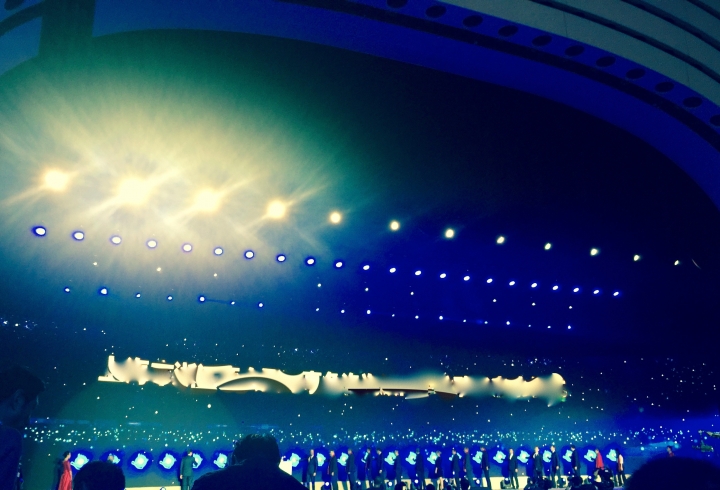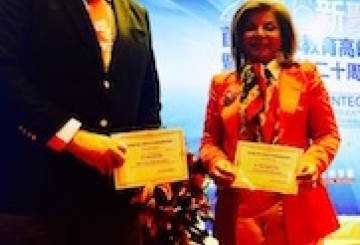Today, globalization has become the biggest buzzword in contemporary academic discourse. It is a broad process permeating the whole world, with far-reaching impacts covering political, economic, financial, trade, social, communication and cultural dimensions of contemporary life. Globalization is a complex and multifaceted phenomenon. It is the process of international integration and exchange of worldviews and ideas. Today, globalization has changed the global system in such a manner that the power of states is increasingly determined by markets and corporate power. The power of the systemic globalization has been facilitated by control over the global telecommunications, information technologies and transportation systems. As a result of these innovative tools and infrastructure, the world today has become more interconnected and interdependent, compressing time and space.
On the one hand, the new emphasis on unfettered economic transactions and liberalized trade with the rest of the world has obviously helped a number of developing countries. It provided higher income for labor and employment in many countries keeping the migration under control. On the other hand, these new developments gave rise to a huge gap between rich and poor, and led to economic and social inequality both within and among affected countries .
Unforeseen factors have given rise to a wide spread doubt about the adequacy of the world old order in dealing with emerging global conflicts. At the same time, the new order is yet to be developed.




